The Civil War was About Slavery

The Civil war was about slavery, but it wasn’t “just about slavery”. Sectionalism, Protectionism, and States’ Rights were also factors.
History is the study of events that have occurred in the past.

The Civil war was about slavery, but it wasn’t “just about slavery”. Sectionalism, Protectionism, and States’ Rights were also factors.
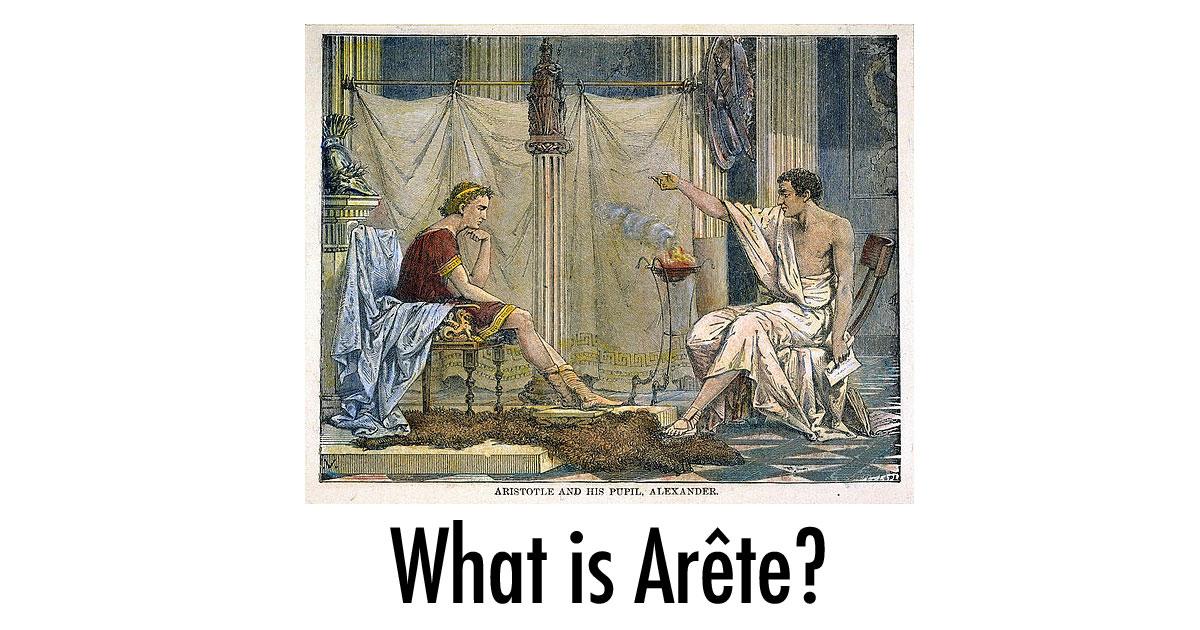
Socrates was Plato’s teacher, Aristotle learned at Plato’s Academy, and Aristotle was the well-paid tutor of Alexander the Great.

Wage slavery (where an entity’s livelihood depends on wages or a salary) and actual “chattel” slavery (where an entity is enslaved by another entity) are very different.

We look at the effect of the black voter and black suffrage on the balance of political power in the two-party system.
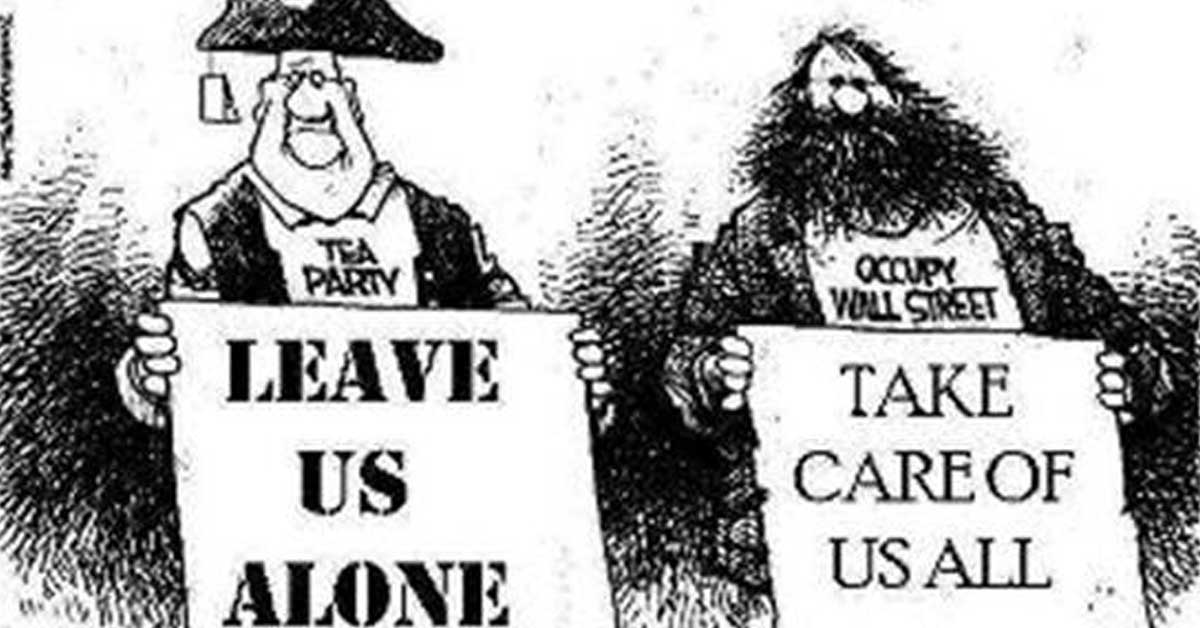
The modern Tea Party is a progressively conservative nativist protectionist populist movement that represent a response to globalism and progressive social liberalism.

Between the 1940s and the 1970s pinball used to illegal in parts of the United States. It was thought of as a gambling “game of chance” and was caught up in the post-prohibition push-back against gambling.
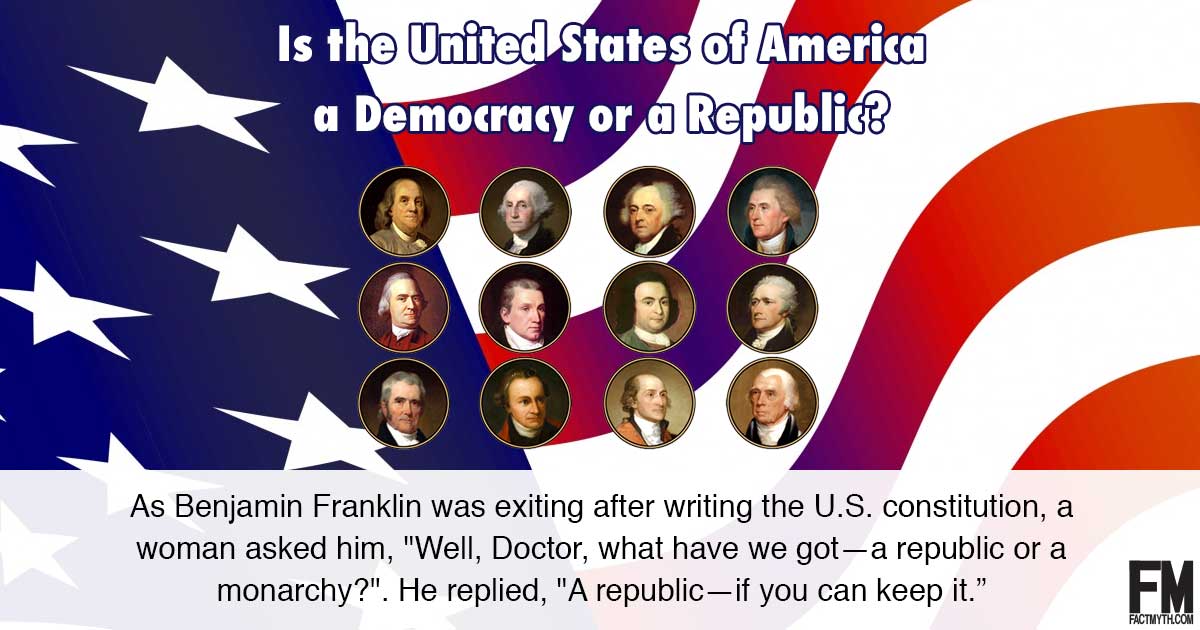
We explain the meaning of Democrat, Republican, Whig, Federalist, Anti-Federalist, Union, and Confederacy the political terms the major parties used for their party names.
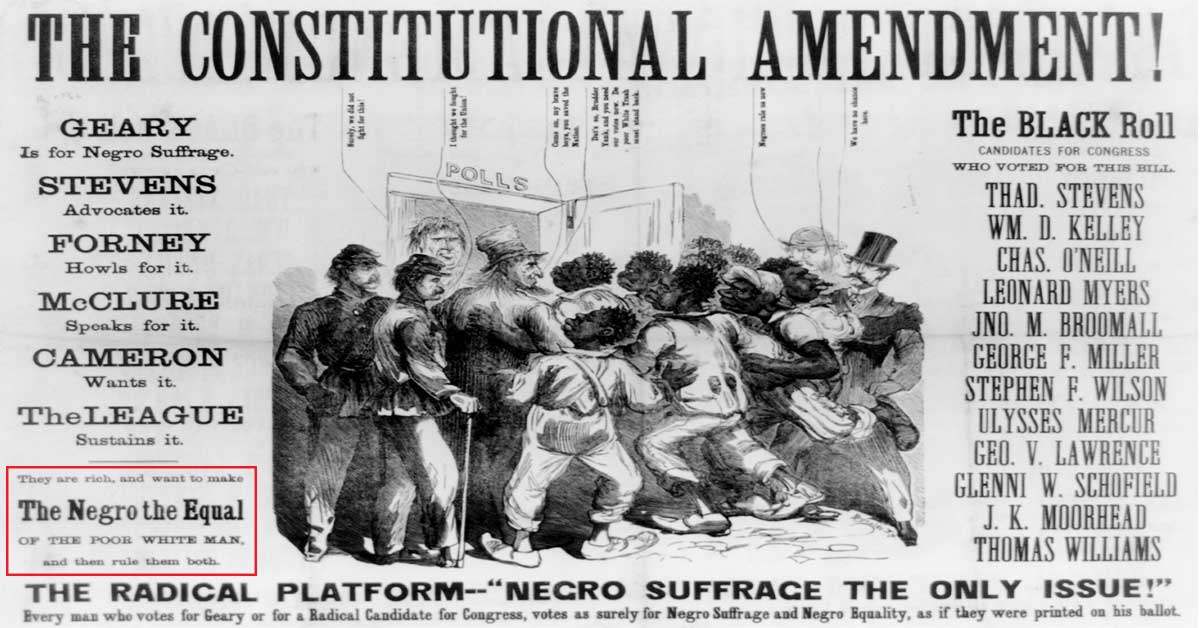
We explain three different types of Republicans found in America during Civil War Reconstruction: moderate, conservative, and radical Republicans.
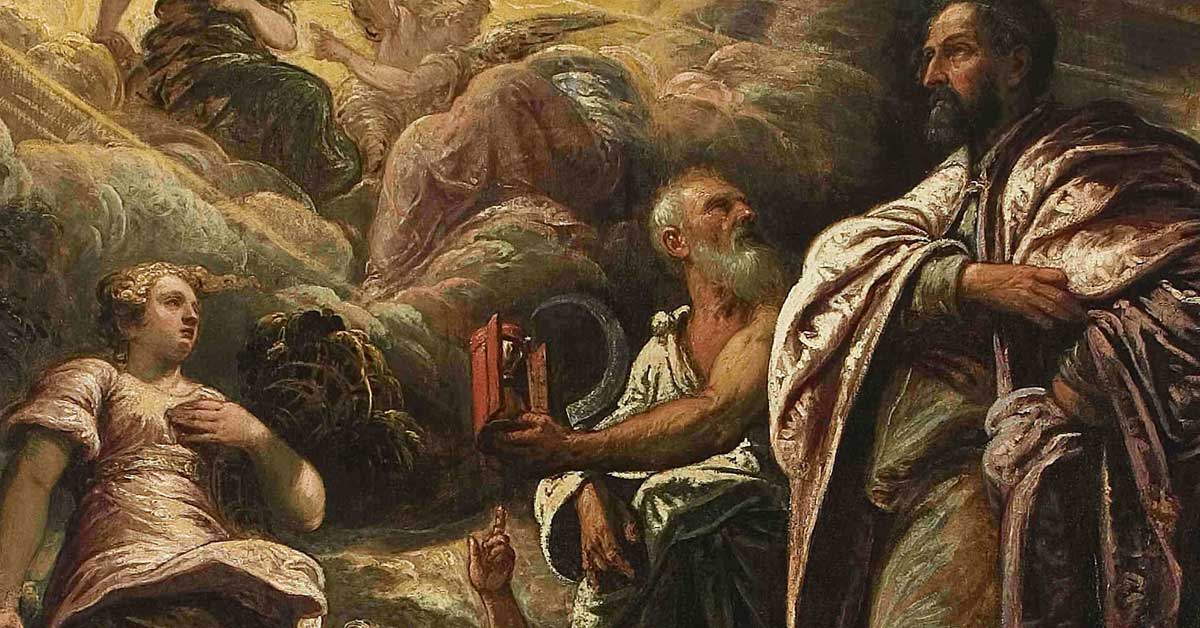
Although we can consider Jeremy Bentham the founder of modern Utilitarianism, and his successor John Stuart Mill the one who popularized it, early Greek philosophers like Aristotle, Aristippus and Epicurus presented the original Utilitarian / Consequentialist / Greatest Happiness theories.
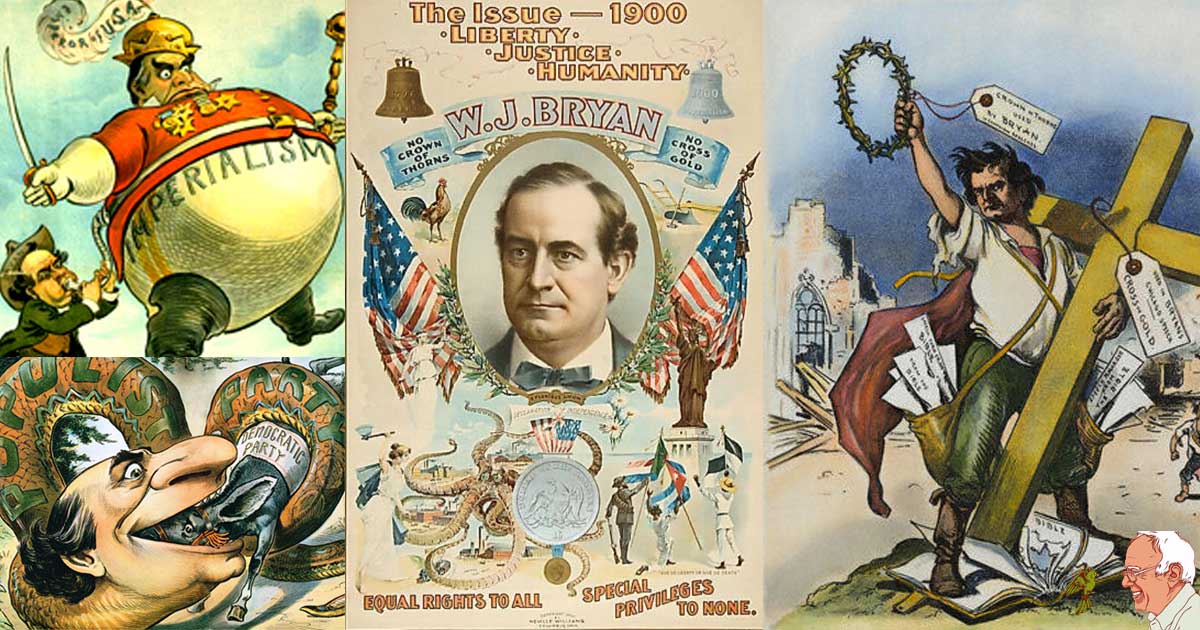
William Jennings Bryan can be considered the father of modern American left-wing and right-wing populism, including progressivism, the religious right, workers’ movements like the free-silver movement, the income tax, direct elections of Senators, and more.